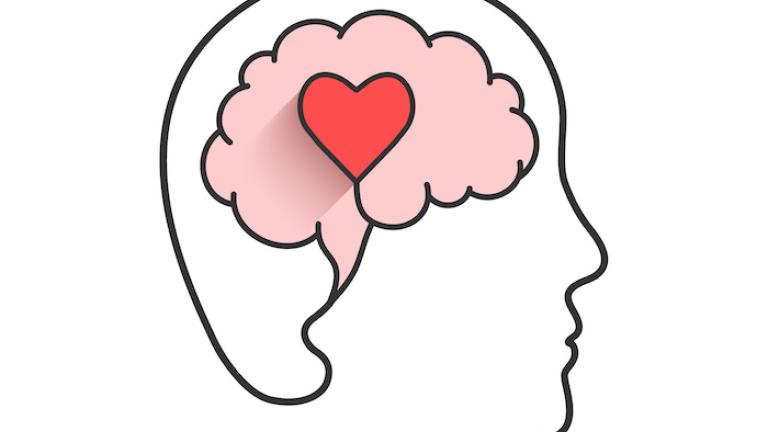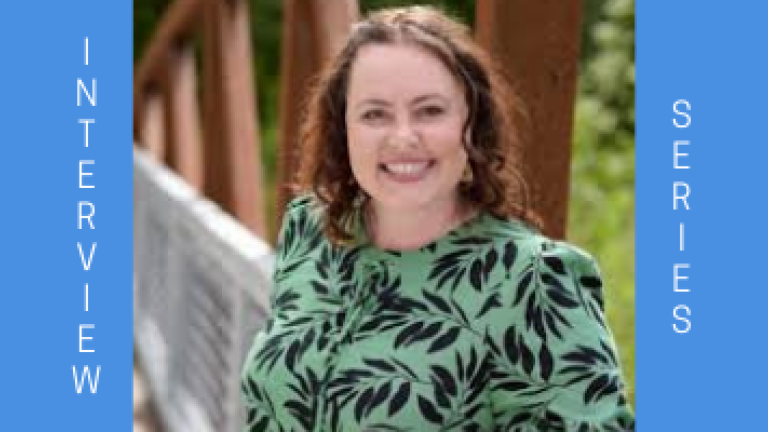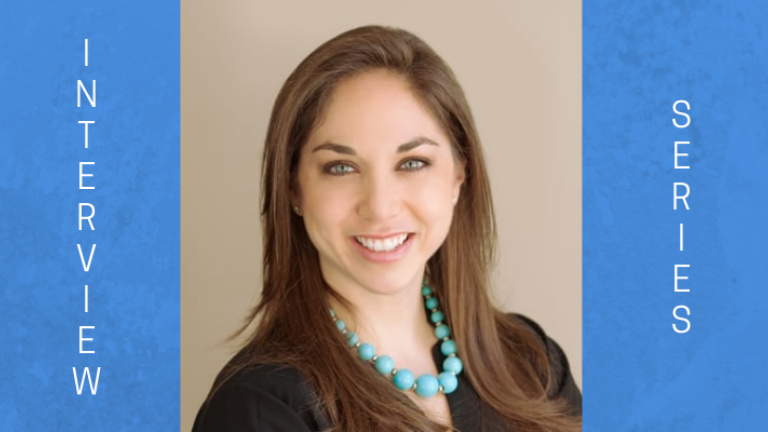Dr. Junella Chin is an integrative cannabinoid medicine physician, having received her Medical Degree from Touro University and her BS- Nutrition & Food Science, Biochemistry from Cornell University. She is a Board Member of American Academy of Cannabinoid Medicine, Association for Cannabis Health Equity and Medicine (ACHEM), Co-founder & Medical Director at Medical Cannabis Mentor, Chief Medical Advisor at CannabisMD.com, Miraculo, and Chief Medical Advisor at Artemis CBD Shop.
For over a decade, Dr. Chin lived and practiced medicine in California, a state with legalized medical cannabis since 1996. Her integrative medical practice focuses on children and adults with intractable epilepsy, autism, cancer, and chronic pain. She has seen firsthand just how much medical cannabis can benefit patients.
Dr. Chin is a chronic pain survivor. Doctors suggested opiate pain medications, steroids, epidurals, and ultimately surgery to fuse the spine. As a result of her experience, Dr. Chin decided to dedicate her medical career to finding effective, integrative and holistic approaches to patient care. She has been an advocate for better understanding of the science and medicine of cannabis and has been profiled for her work in St. Jude’s Medical Center, Huffington Post, Cornell University, Good Housekeeping, USA Today, and NBC TODAY.
Dr. Chin and her team of doctors are now bicoastal, servicing patients of California and New York. They have been integrating medical cannabis since 2001. She is a frequent keynote speaker on the science and medicine of cannabis and has spoken at hospitals, conferences, and events all over the world.
Interviewed by our Different & Able President and Founder, Alexandra Nicklas, Dr. Chin discusses her experience with chronic pain, the intricacies of cannabis and cannabidiol (CBD), and how important it is that patients form a relationship with their doctor while being treated. She also talks about how tetrahydrocannabinol (THC) and cannabidiol (CBD) can be used to support our sleep. In the interview, viewers will see how Dr. Chin is a powerhouse of knowledge in medical and consumer perspectives about CBD applications in modern medicine and culture.






